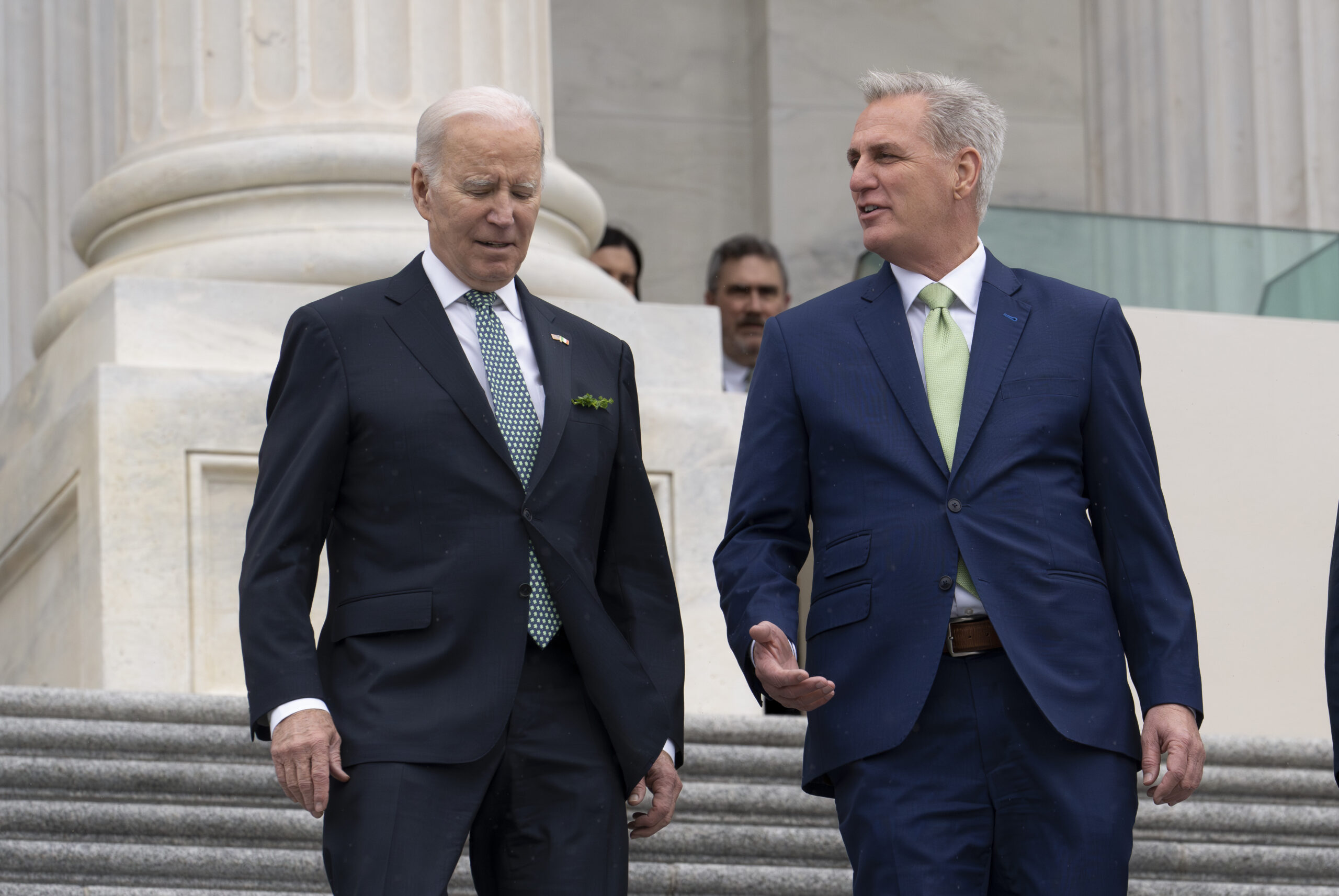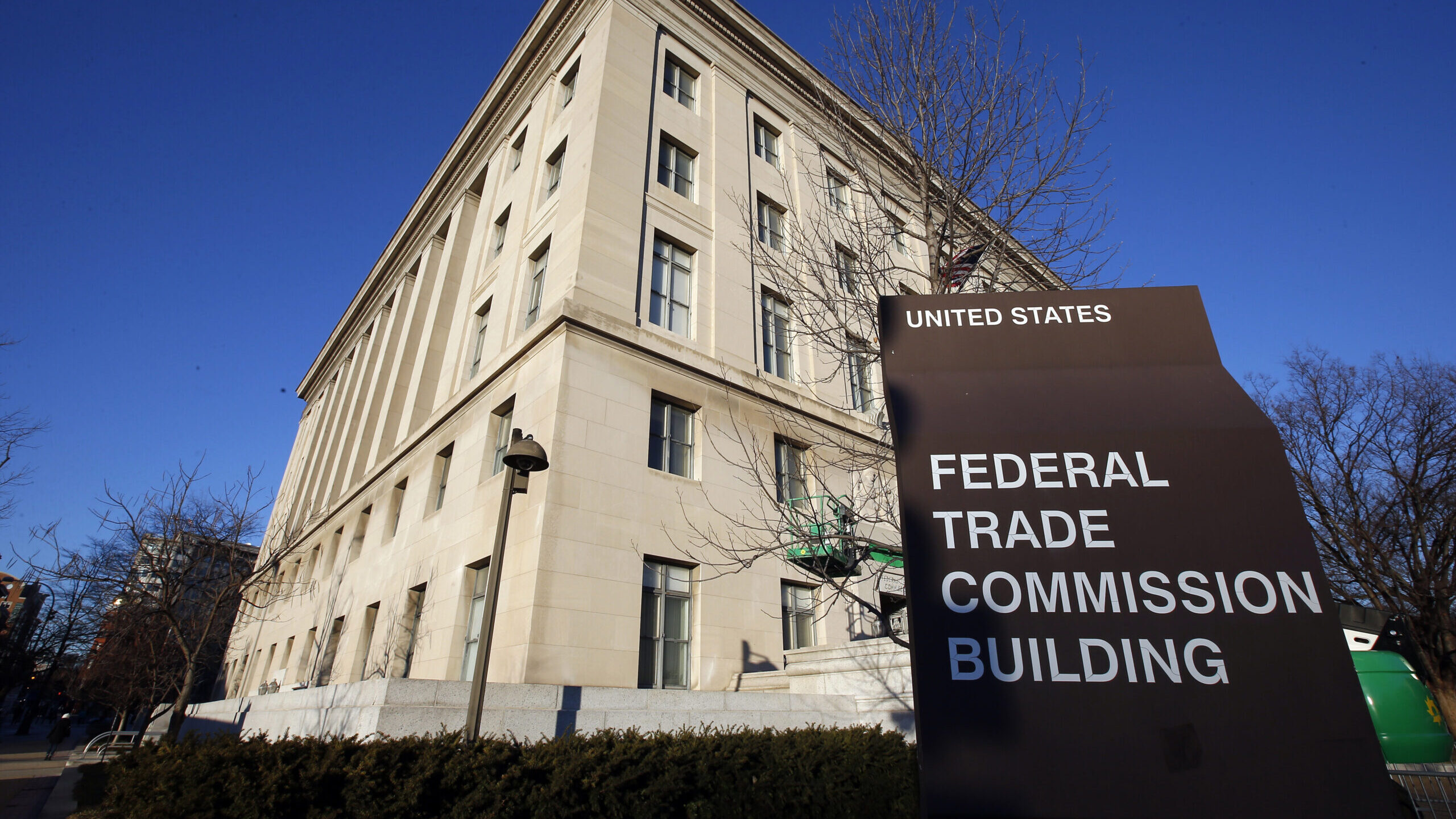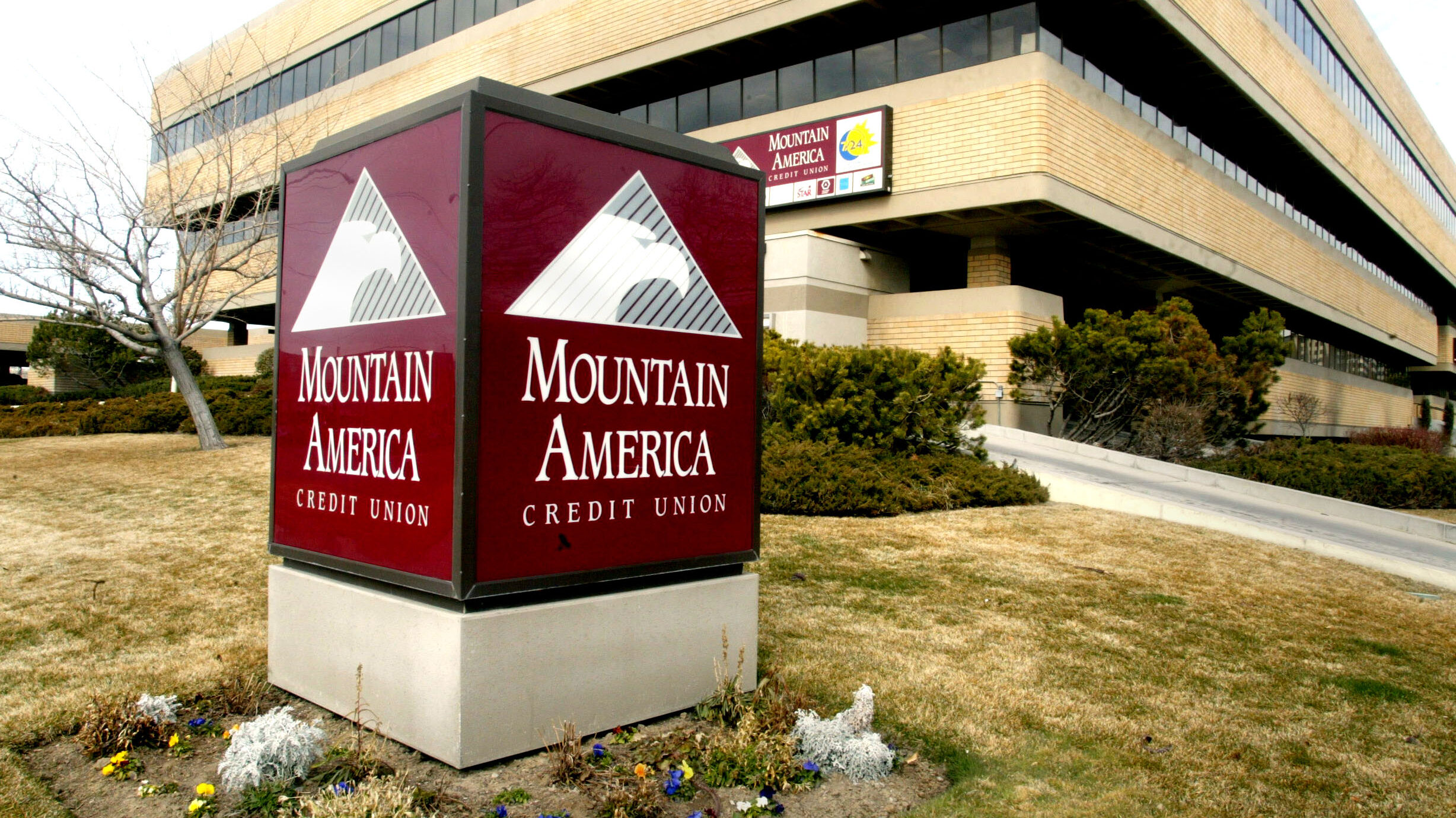Ticktock: US steps closer to debt default
May 11, 2023, 5:30 PM

FILE - President Joe Biden walks with House Speaker Kevin McCarthy, R-Calif., as he departs the Capitol following the annual St. Patrick's Day gathering, in Washington, Friday, March 17, 2023. Facing the risk of a government default as soon as June 1, President Joe Biden has invited the top four congressional leaders to a White House meeting for talks. (AP Photo/J. Scott Applewhite, File)
Credit: ASSOCIATED PRESS
(AP Photo/J. Scott Applewhite, File)
SALT LAKE CITY — The president wants Congress to increase the debt ceiling without conditions. However, House Republicans want to hold the line on federal spending. Right now, neither side is willing to blink, but come early June, the nation runs out of cash.
Robert Spendlove, senior vice president and economic and public policy officer at Zions Bank, joins Dave & Dujanovic to explain what would happen to the economy if the US defaults on its debt.
Aug. 18, 2023, is the date the United States government would default on its debt, according to Moody’s Analytics, and be forced to impose budget cuts.
In January, the total national debt and the debt ceiling both stood at $31.4 trillion, which is is about 120% of GDP, according to government figures.
On Tuesday, President Joe Biden met with House Speaker Kevin McCarthy at the White House to negotiate the debt ceiling, but a source told CNN no new ground was breached and neither side would budge.
Also attending the meeting were Senate Majority Leader Chuck Schumer, Senate Minority Leader Mitch McConnell and House Minority Leader Hakeem Jeffries.
If a deal on the debt ceiling isn’t reached by early June, the United States will default. An economic and fiscal upheaval would then be unleashed, warned Treasury Secretary Janet Yellen.
“Early June is when we project that we will run out of cash,” she said.
Ask the expert
“How does not raising the debt ceiling or defaulting on loans, how does this trickle down and affect me?” Dave asked.
“When you get a Treasury bond, you’re essentially investing in the full faith and credit of the United States,” Spendlove said. “And so if we don’t pay back those debts, if we don’t have the ability to have that spending at the federal level, it starts to reduce the full faith and credit of the United States.
“But then everyone else below. So whether it’s a state bond or a municipal bond or businesses or banks, it kind of ripples throughout the entire economy. So it would have big impacts throughout the entire country,” he said.
Spendlove said if the US government passes over the deadline without action, Social Security could be affected.
“If we reach that deadline. . . it could be repayment of the bonds that people have borrowed. It could be military. It could be Medicaid and Medicare. . . They’ll also say, ‘Which is the least destructive decision’ as they roll into this scenario between June and August,” Spendlove said.
He said the United States lost its triple-A bond rating in 2011 over the same negotiations of raising the debt ceiling.
From Aug. 6, 2011:
NEW YORK (CNNMoney) — Credit rating agency Standard & Poor’s on Friday downgraded the credit rating of the United States, stripping the world’s largest economy of its prized AAA status.
“Congress and the [Obama] administration couldn’t come to a resolution until two days before the deadline,” Spendlove said. “But even after they [Congress and the White House] came to a resolution, that bond rating of the United States was downgraded, and so what it means is it just costs more to borrow.”
It’s like a credit card, he said. The more you keep charging, the more expensive the monthly payments become.
Dave & Dujanovic can be heard on weekdays from 9 a.m. to noon. on KSL NewsRadio. Users can find the show on the KSL NewsRadio website and app, as well as Apple Podcasts and Google Play.













